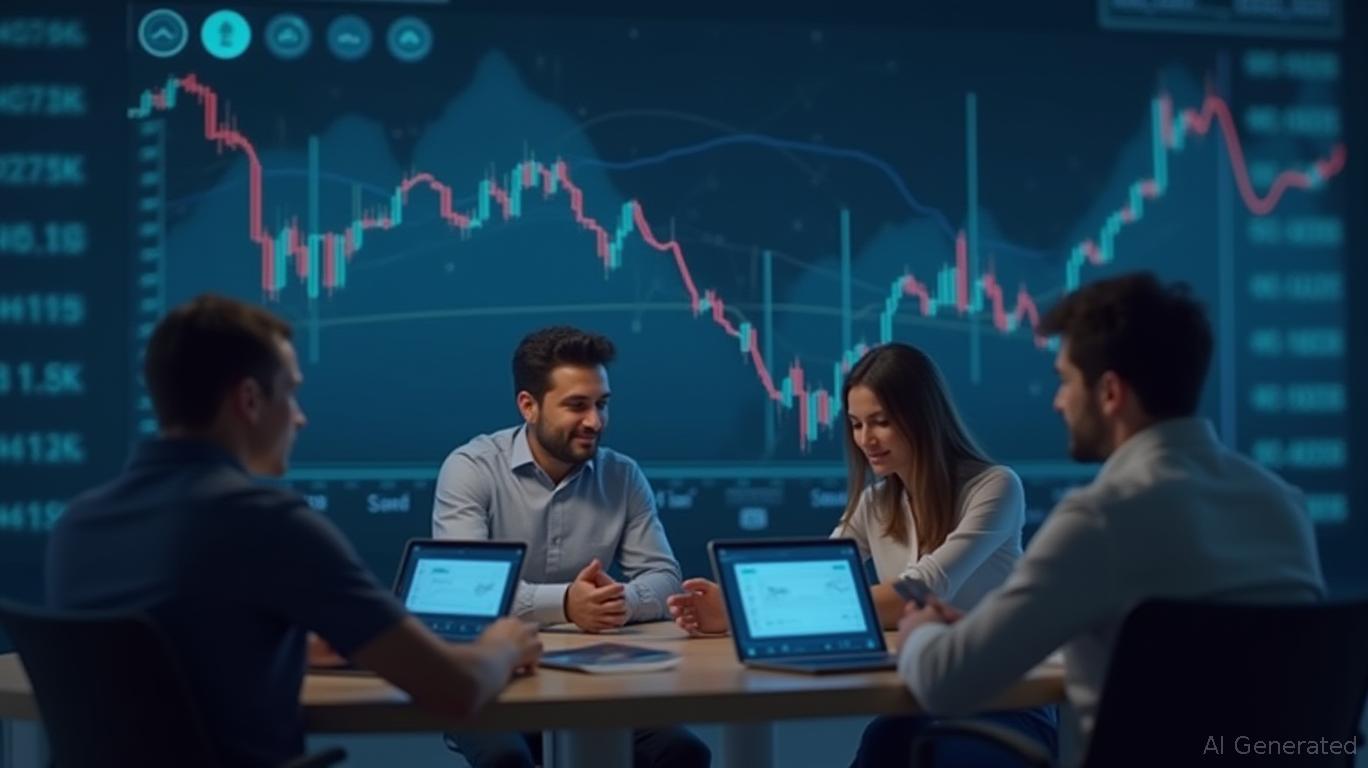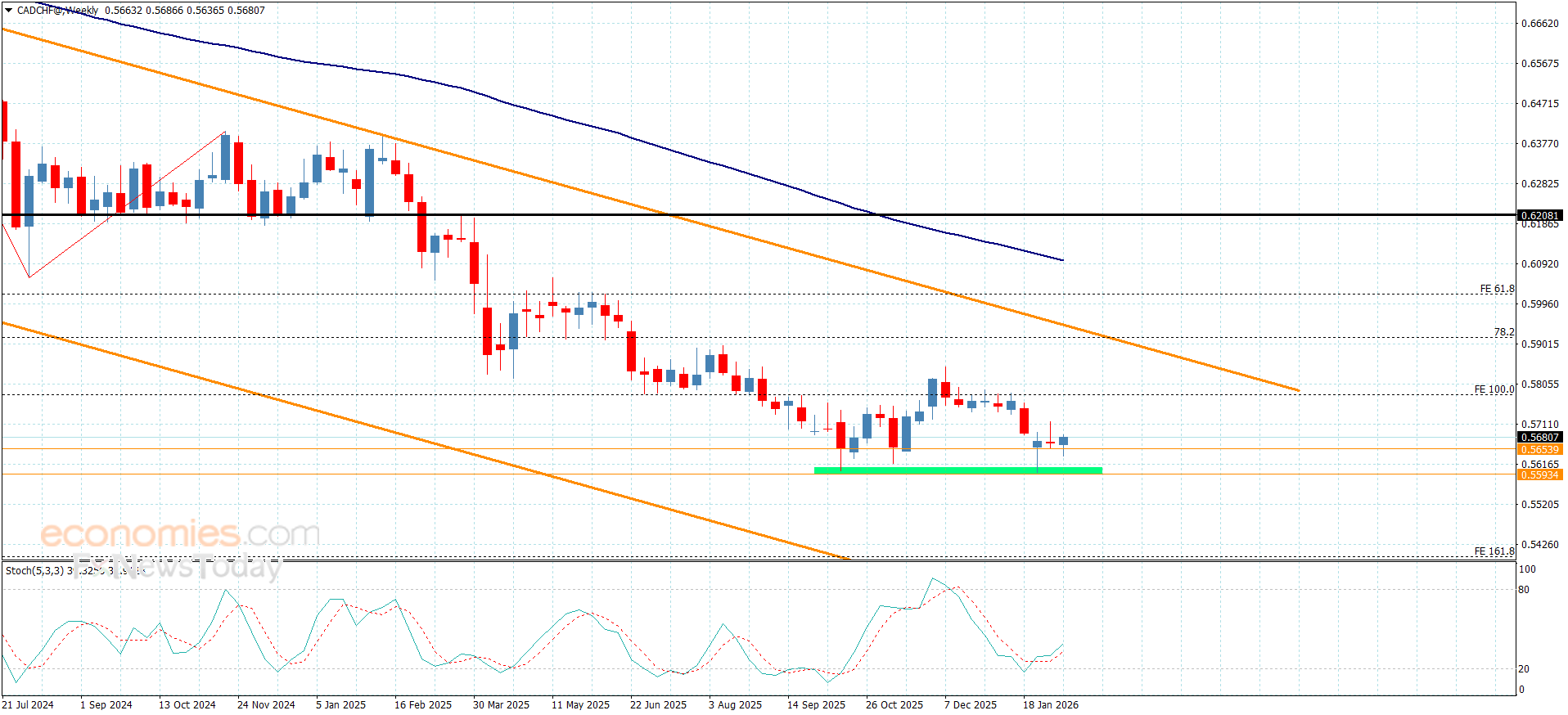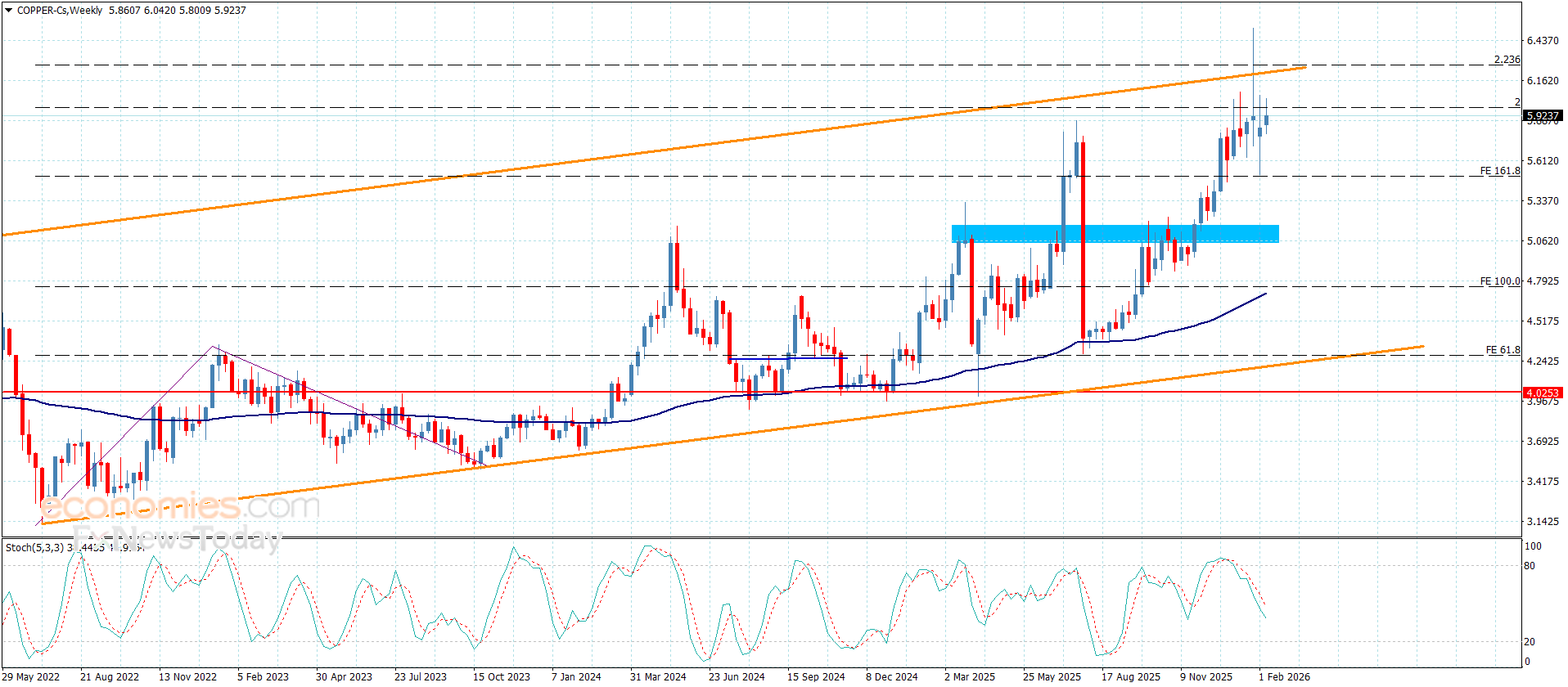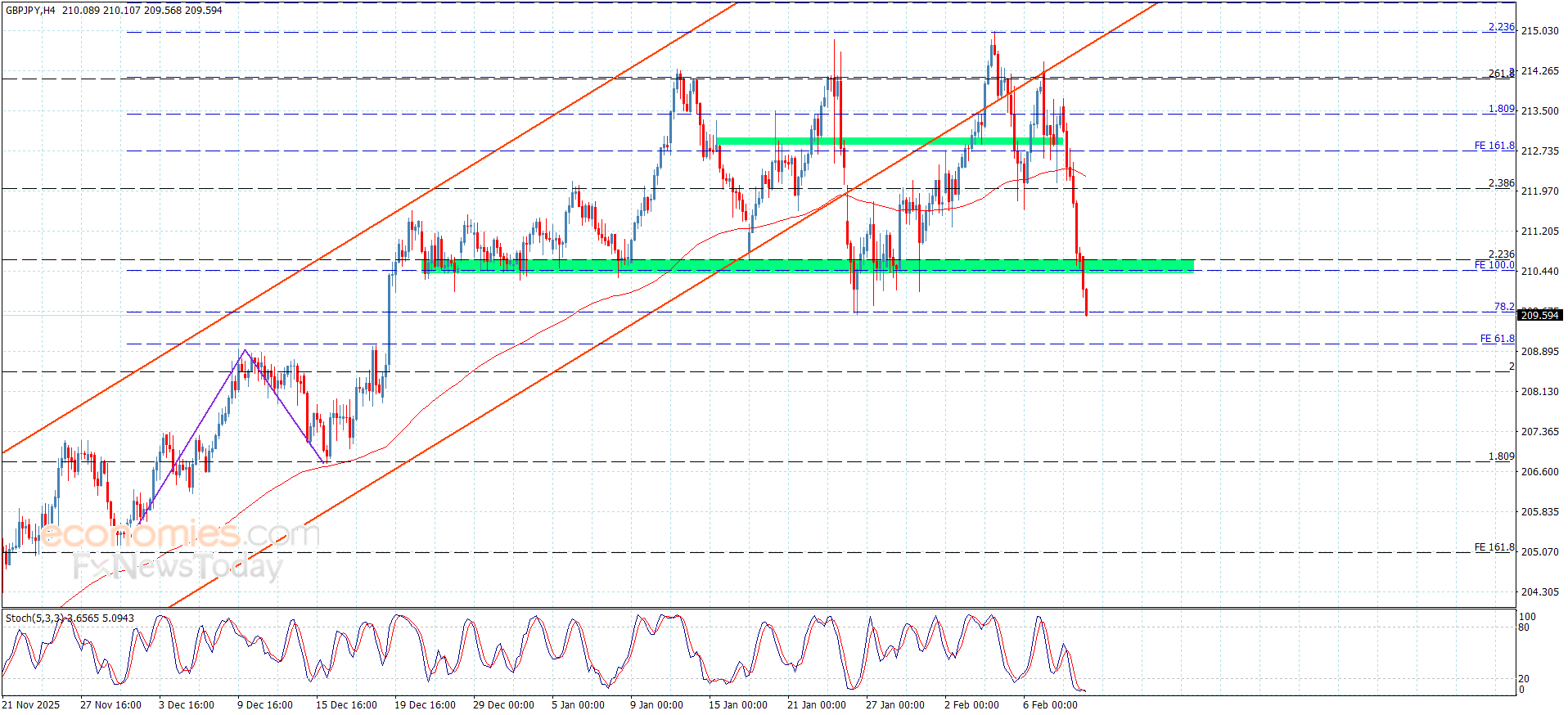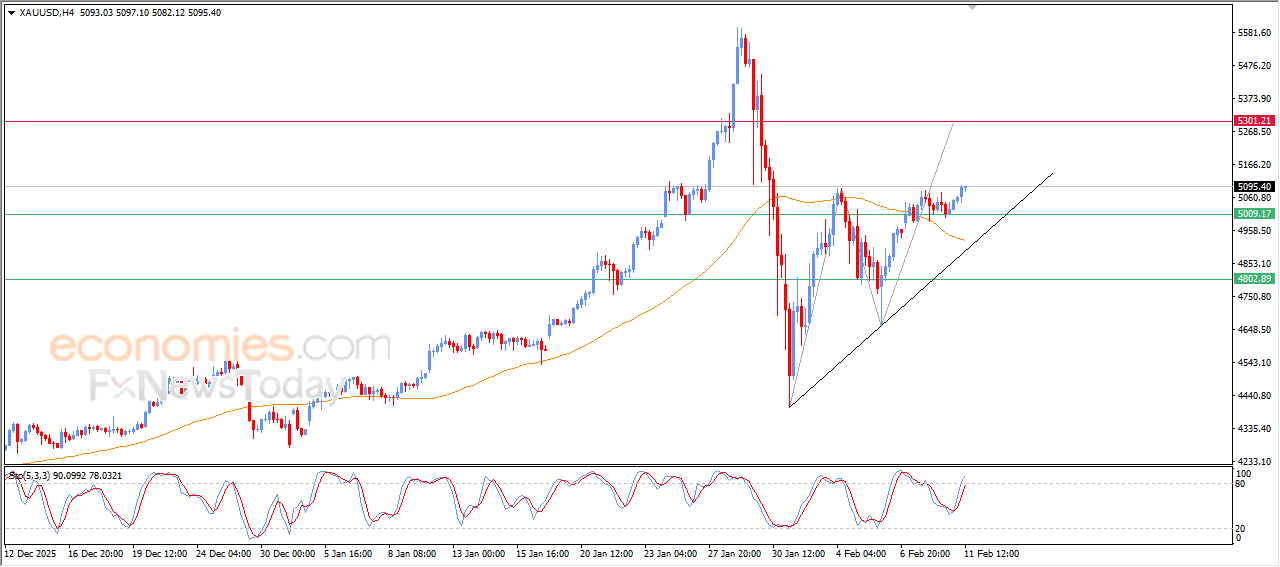NFT Market Faces 19% Decline in 2024 as Investors Shift to Cryptocurrencies
The NFT market has experienced a significant downturn, with trading volumes declining for the fifth consecutive quarter. This persistent decrease has led to a 19% reduction in total trading activity, making 2024 the worst year on record for NFT traders. The data suggests that the market’s struggles are far from over, as the trend of declining interest and participation continues to affect the sector.
The decline in the NFT market can be attributed to several factors. One of the primary reasons is the shift in investor sentiment towards other asset classes, particularly cryptocurrencies like Bitcoin and Ethereum. The surge in institutional interest in these digital assets has diverted attention and capital away from NFTs, leading to a decrease in trading volumes. Additionally, the regulatory environment for NFTs remains uncertain, with many investors wary of the potential risks associated with this emerging asset class.
The impact of the NFT market’s decline is not limited to the sector itself. The broader cryptocurrency market has also been affected, as the decrease in trading volumes has led to a reduction in overall market activity. This has resulted in a decrease in liquidity, making it more difficult for investors to buy and sell NFTs and other digital assets. Furthermore, the decline in the NFT market has raised concerns about the long-term viability of this asset class, with some analysts predicting that the market may continue to struggle in the coming quarters.
Despite the challenges facing the NFT market, there are still opportunities for growth and innovation. The technology behind NFTs, known as blockchain, has the potential to revolutionize a wide range of industries, from art and music to real estate and finance. As the technology continues to evolve, it is likely that new use cases for NFTs will emerge, driving demand and increasing trading volumes. Additionally, the regulatory environment for NFTs is expected to become clearer in the coming years, as governments around the world work to establish guidelines for this emerging asset class. This increased clarity could help to boost investor confidence and drive growth in the NFT market.
In conclusion, the NFT market has experienced a significant downturn, with trading volumes declining for the fifth consecutive quarter. The decline can be attributed to a shift in investor sentiment towards other asset classes, as well as regulatory uncertainty. However, there are still opportunities for growth and innovation in the NFT market, as the technology behind this asset class continues to evolve. As the regulatory environment becomes clearer and new use cases for NFTs emerge, it is likely that the market will begin to recover and attract more investors.
Source link
Written by : Editorial team of BIPNs
Main team of content of bipns.com. Any type of content should be approved by us.
Share this article:
